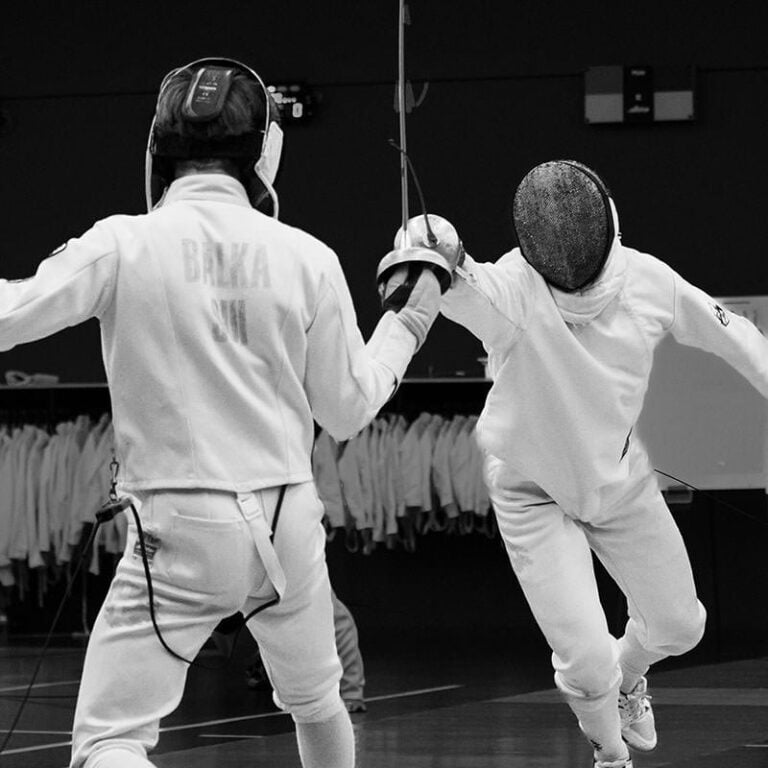attendre sous l’orme
“Attendre sous l’orme” is a French expression that means to wait a very long time in vain. Literally it means “to wait under the elm (tree).”
Before the advent of Dutch elm tree disease, elms were numerous in France. They were especially found in village squares which were the centre of social life. In these places, justice was rendered by local judges and magistrates. People would have to wait under the elm trees to hear the results of a case they were involved in. Sometimes, some of the parties involved never showed up, which meant the waiting was to no useful end.
The saying dates from the 17th century.
An equivalent English idiom would be “to take root.”






